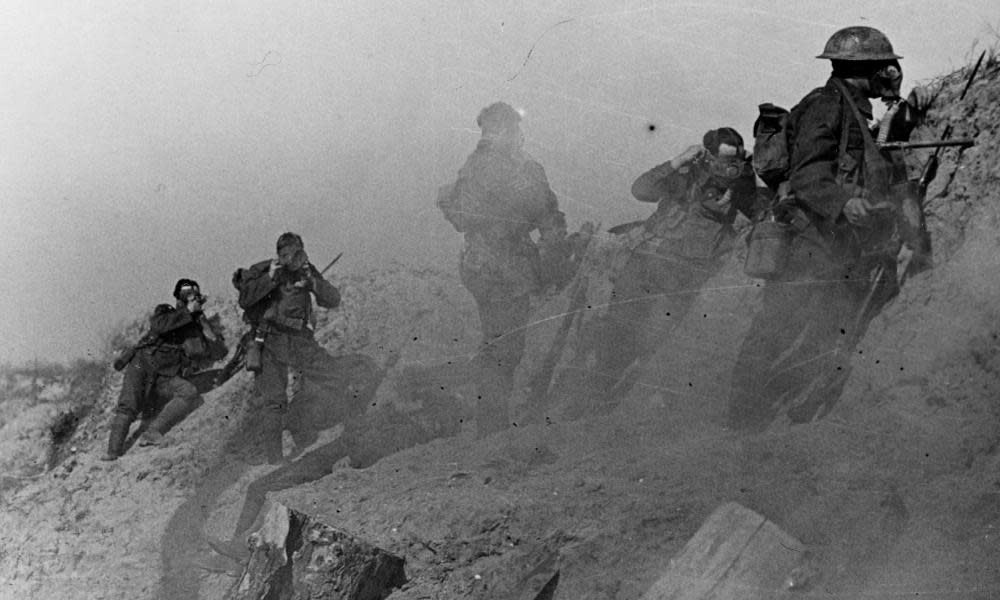The Quaker told he was too young to have a conscience

While the Military Service Act 1916, introducing military conscription, did indeed enshrine in law – for the first time – the right of people to abstain from fighting on grounds of conscience, it is not correct to say that “before 1916 many conscientious objectors went to prison” (Letters, 10 November).
No conscientious objectors went to prison before 1916. Enlistment was entirely voluntary and, unsurprisingly, conscientious objectors chose not to enlist. The scandal of 6,000 first world war conscientious objectors going to prison arose after the act came into force because of the way military service tribunals misinterpreted its provisions, such as telling Harold Bing, a Quaker, that at 18 he was too young to have a conscience, and therefore must be refused exemption, leading to three years in prison.
Ten first world war conscientious objectors died in prison; they are among 70 who died during or immediately after the war and are commemorated on a plaque in the offices of the Peace Pledge Union, successor organisation to the No-Conscription Fellowship.
William Hetherington
Honorary archivist, Peace Pledge Union
• Join the debate – email guardian.letters@theguardian.com
• Read more Guardian letters – click here to visit gu.com/letters
• Do you have a photo you’d like to share with Guardian readers? Click here to upload it and we’ll publish the best submissions in the letters spread of our print edition

 Yahoo News
Yahoo News 
